The content of the article
Melon is one of the favorite summer delicacies of adults and children. Many like the sweet taste and pleasant aroma of this plant. Most often, melon is eaten as a dessert, which involves eating in small quantities and infrequently. Indeed, if you have this product in such a way, it will bring many benefits. However, the melon has also harmful properties, which are manifested in overeating and in sensitive individuals. So what is the use of a melon and how is it dangerous?
General information
Melon is a plant of the Pumpkin family of the Cucumber genus. Despite the pronounced differences in taste and appearance, these plants really have much in common. For example, there are such varieties of melons, which in appearance are almost impossible to distinguish from pumpkins, because the fruits of both botanist plants are called pumpkins.
A distinctive feature of melon is its sweet honey taste. In addition, this plant has a pronounced seasonality of harvest. In temperate climates, the fruits are edible from late July to mid-September.
Homeland melons consider Asia and Africa. Some of its varieties first appeared in India, others in Tajikistan, Iraq, Iran. In general, the melon quickly spread to all countries of Eurasia, and then went beyond it. At the moment there are no wild varieties of this plant, they are all agricultural crops and are eaten.
It is worth noting that in the regions of Central Russia and the Northern districts, melons are either grown in specially equipped greenhouses or imported from the Southern districts. Like any fruit growing on melon, melons do not like cold and humidity.
Composition and calorie
Melon consists of solid dense skin and pulp, which is divided into layers. The inner layer, the one with seeds, is not recommended. Only the middle part of the fruit is used. What does this fruit have in it?
In fact, the melon is not the richest in plant nutrients. It contains in large quantities only three vitamins - A, C and R. However, this is not all simple.Vitamin A is fat soluble, it almost never absorbs if it enters the body with raw fruit, because the fruit contains fats in very small quantities. Vitamin P only works together with vitamin C, which increases the effectiveness of both vitamins and determines the immune stimulating properties of melons. However, this fruit cannot be called a champion in vitamin composition.
However, melon has two very important ingredients that work in pairs - folic acid and iron. They largely determine its useful qualities. In addition to iron, this fruit also contains zinc and potassium, but in small amounts.
Melon can hardly be called a balanced product for a healthy diet. Its caloric content averages 35kkal per 100g (from 30 to 40, depending on the variety), which attracts those who choose their own diet for weight loss. However, melons are not recommended for this purpose. The fact is, it contains a lot of sugar. The ratio of proteins, fats and carbohydrates in this product is as follows: 2: 1: 25. As we can see, the melon is almost entirely composed of simple carbohydrates. In addition, it can increase appetite.
The benefits of melon
As already mentioned, the melon does not have as many vitamins and minerals as some other fruits and vegetables. However, it is quite a useful product. The positive properties of the melon are as follows:
- Effect on blood formation. It has already been mentioned above that this fruit is rich in folic acid and iron. These are two essential substances that allow you to synthesize hemoglobin - the main carrier of oxygen contained in red blood cells. Thus, the melon normalizes blood formation, therefore it is indicated for patients with anemia.
- Protection against infection. Thanks to vitamins C and P, drinking melon reduces the permeability of the connective tissue of the body. The fact is that these vitamins are involved in the synthesis of connective tissue. The larger it is, the stronger the barrier between the internal environment and the outside world.
- Strengthening of blood vessels. This property is also associated with these vitamins and connective tissue. Especially useful is the use of melons in the elderly and those who suffer from frequent nosebleeds.
- Stimulation of immunity. Vitamin C is one of the powerful antioxidants.Because of this, a person who uses vitamin C is protected from viral, bacterial and neoplastic diseases.
- Improve digestion. Melon can not only cause appetite, but also enhance the production of digestive enzymes. That is why it is recommended as a dessert for better digestion of eaten dishes.
- Improve skin condition. Due to its antioxidant properties, melon is able to slow down the aging process in the skin. That is why it is useful not only to use inside, but also to make external masks and creams.
Harmful properties of melon
Like any other product, melon is not only beneficial, but also harmful. The negative aspects of this fruit are as follows:
- A large amount of sugar. On the one hand, this is simply wonderful; the sweet honey taste of melon can replace any ice cream or cake. However, if it is consumed excessively, blood sugar may increase and excess weight may be added.
- Ability to cause diarrhea. In general, the melon relaxes the intestines and is shown to be used by people with chronic constipation. However, in people with normal fatigue, with a high consumption, this fruit can cause diarrhea. In addition, diarrhea is caused by melon seeds and the very pulp in which they are located.
- Induction of exacerbation of chronic gastrointestinal diseases. As already mentioned, melon increases the synthesis and secretion of digestive enzymes. These substances contribute to the breakdown of food, but at the same time, irritate the mucous membrane of the internal organs. This causes aggravation of gastritis, cholecystitis, pancreatitis.
How to use a melon correctly and for whom it can be dangerous?
In order to get the maximum benefit from this fruit and minimum harm, you must adhere to the following rules:
- Eat a melon only after main courses as a dessert. This is necessary for the digestive tract enzymes to digest food, not the cells of their body. In addition, so more likely to eat a lot of melon will not work.
- Eat no more than one or two pieces. We have already figured out that the melon in large quantities only harms the body. Therefore, it is necessary to work in advance - there is it a little bit.
- No melon diets, maximum - fasting day. Melon on an empty stomach is harmful even for a healthy person. In addition, due to the high sugar content to lose weight on a melon diet in any case will not work.
- You can not eat melon with cold water, kefir, yogurt and liquor.
Melon is dangerous for people with the following diseases and conditions of the body:
- Diabetes;
- Peptic ulcer and duodenal ulcer;
- Lactation;
- Obesity.
Thus, it is possible to conclude that melon is a healthy and tasty product. However, it can be eaten only if all the rules are followed. A large amount of this fruit is harmful to health. In addition, there are conditions in which the melon is completely contraindicated. In general, all products are useful if you eat them in moderation.
Video: what will happen if there is a melon every day?

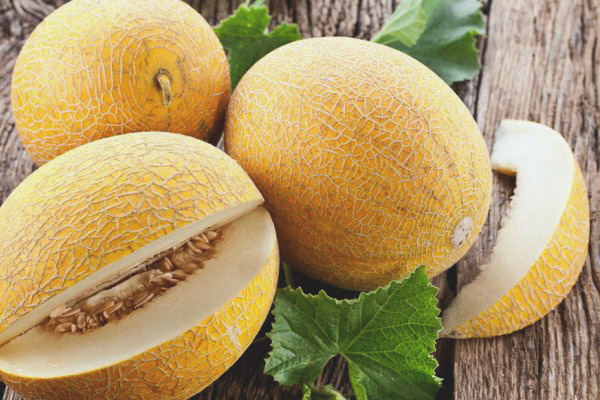
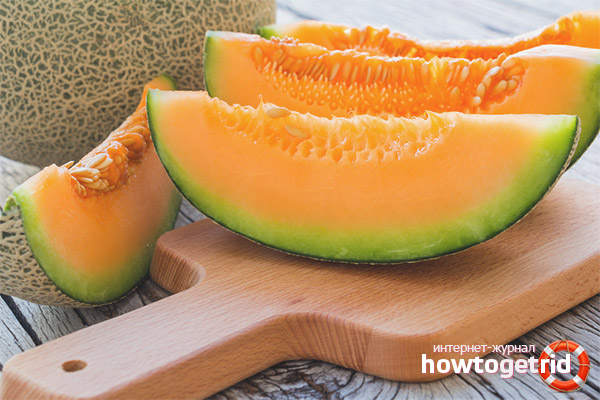
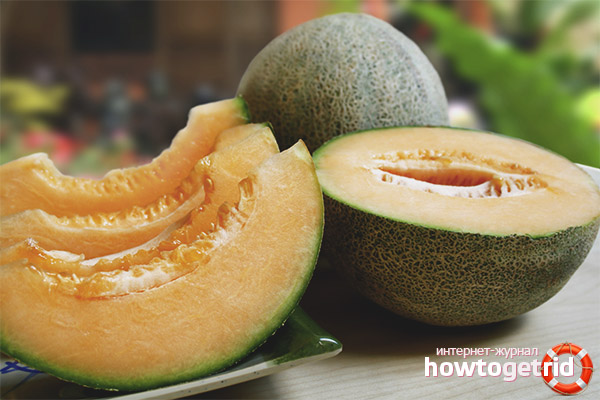





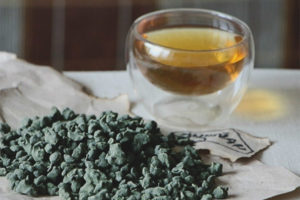


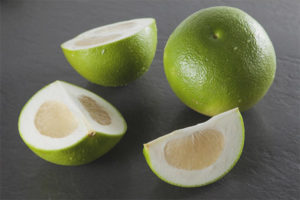
To send